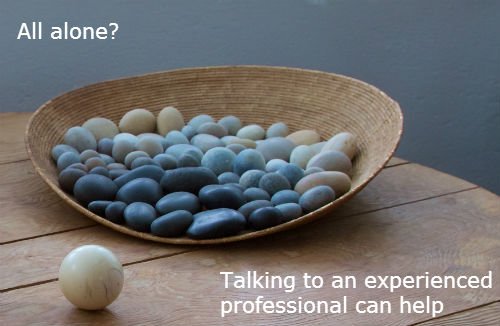The predominant symptom in adolescent depression is frequently not sadness but aggressive acting out. This can manifest as angry outbursts, school refusal, self harm, or even suicidal ideation.
Psychotherapy can benefit young people in a variety of ways. A young person will receive emotional support, learn how to resolve conflicts with people, understand feelings and problems and try out new solutions to old problems.
Young people face a host of pressures, from the changes of puberty to questions about who they are and where they fit in. The natural transition from child to adult can also bring parental conflict as young people discover and assert their independence. With all this drama it isn’t always easy to differentiate between depression and normal adolescent moodiness.
If you feel a young person in your care is depressed, we outline some of the typical symptoms below. If your young person has demonstrated some of these behaviours, consider how long the symptoms have been present, how severe they are and how different this behaviour is from his or her earlier personality.
